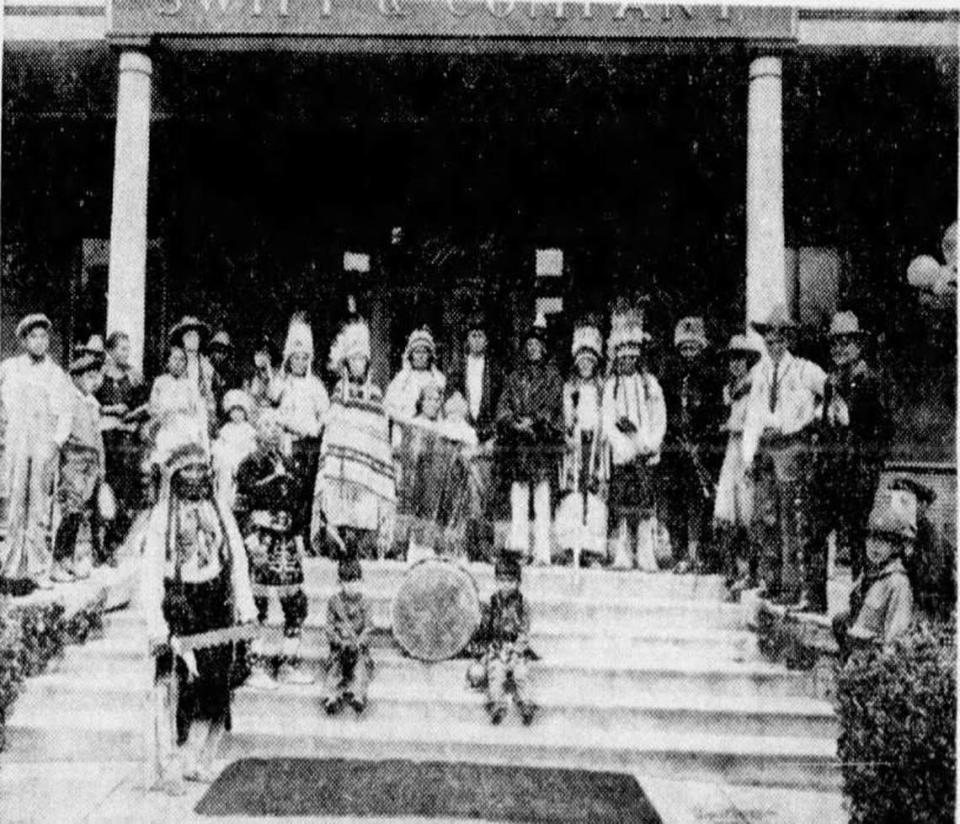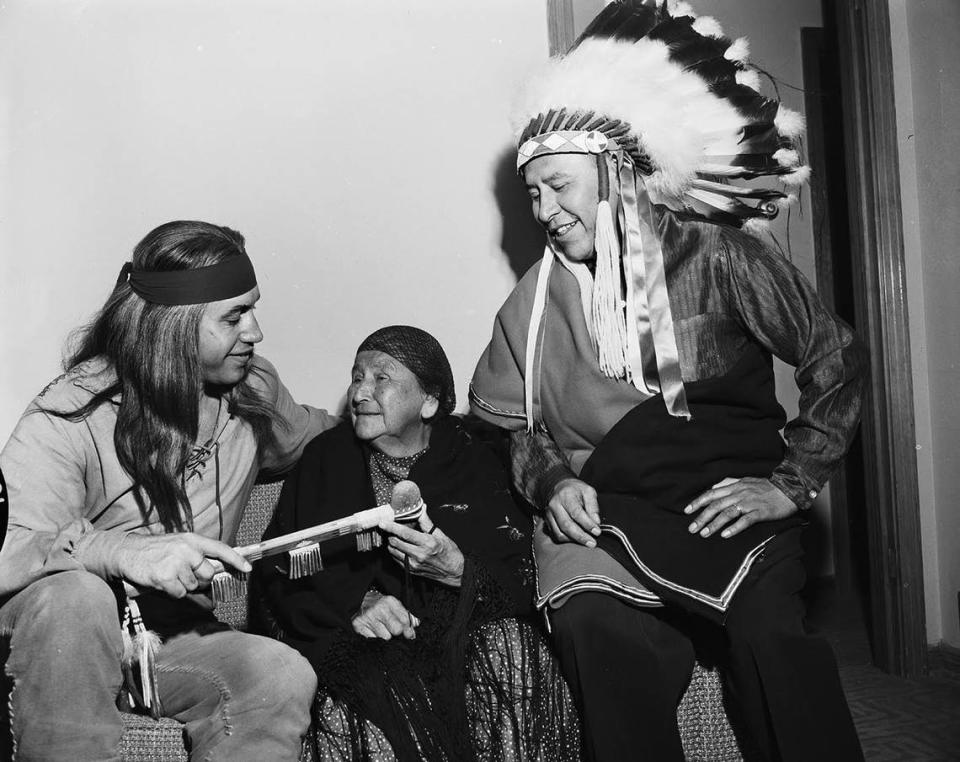Captured by the Comanche in 1836, her long line of descendants touched Fort Worth & beyond
Our Uniquely Fort Worth stories celebrate what we love most about Cowtown, its history & culture. Story suggestion? Editors@star-telegram.com.
Through her oldest son, Quanah Parker, Cynthia Ann Parker left hundreds of descendants. Her story is well known. Cynthia Ann was taken by and adopted into the Comanche tribe in 1836, when she was about 9.
She married warrior Peta Nocona, with whom she had three children before she was recaptured in 1860 during the Battle of Pease River. Of her children, only Quanah Parker lived to adulthood and had descendants.
Quanah reportedly had about 25 children by as many as seven or eight wives. Of those, his eldest daughter — and what would have been Cynthia Ann’s eldest grandchild — was named for Quanah’s mother. Cynthia Ann Parker was born in 1873 in Adobe Walls, Texas. She and her husband, Emmett Cox, ran a store near Lawton, Oklahoma, before her death in 1946.

Cynthia Cox was not the last person to be named for the woman who has come to signify someone who, caught between two cultures, could not thrive or even survive.
Among them were great granddaughters, Cynthia Ann Parker (Whitewolf) (1924-2008) and Cynthia Ann Parker (Baquera) (1933-2003). As a child, Baquera traveled with her family to expositions and fairs throughout Texas and Oklahoma.
During the early years of these shows, the family “camped out,” showcasing Native American life for paying customers. They notably appeared at the 1936 Frontier Centennial in Fort Worth.
When the first Cynthia Ann Parker was brought back to her white family, her uncle Isaac Parker took her to a cabin that he had built on the Parker Farm east of Birdville (today, Haltom City). Star-Telegram publisher Amon G. Carter moved the cabin to his Shady Oakwell Farm in 1927.
That was where, in 1936, that Cynthia Ann Parker (later, Baquera) visited the cabin with her grandparents, Nora and Baldwin Parker.
Baldwin was Quanah Parker’s son and Cynthia Ann Parker’s grandson. Like his father, Baldwin wore his hair long and in braids. He did a lot to promote the Parker family’s story and used it to make a living.
Upon viewing the cabin where his grandmother had spent time and showing it to the namesake granddaughter, Baldwin commented that he would be more comfortable living at the cabin than camping at the Centennial grounds. Today, that cabin can be seen at Log Cabin Village in Fort Worth, where it was moved in 1957.
A Cynthia Ann Parker descendant who lived in Fort Worth was Vance Tahmahkera. His mother, Werahre, was Quanah Parker’s daughter, born in 1880. She was also raised in Oklahoma but, unlike her half brother Baldwin, spoke very little English.

Vance Tahmahkera worked at the Kiowa Indian Hospital before joining the U. S. Navy in 1942. He lived in Fort Worth and raised his family here, bringing a different angle to Cynthia Ann Parker’s connection to Fort Worth.
Even so, Vance Tahmahmkera’s family retained the link to Cynthia Ann Parker, naming one of his granddaughters Cynthia Ann Tahmahkera. That link to Cynthia Ann Parker and her struggle to navigate between two worlds remains today in many of the dozens — perhaps hundreds — of Parker descendants scattered throughout Fort Worth and the Metroplex.
Carol Roark is an archivist, historian, and author with a special interest in architectural and photographic history who has written several books on Fort Worth history.


